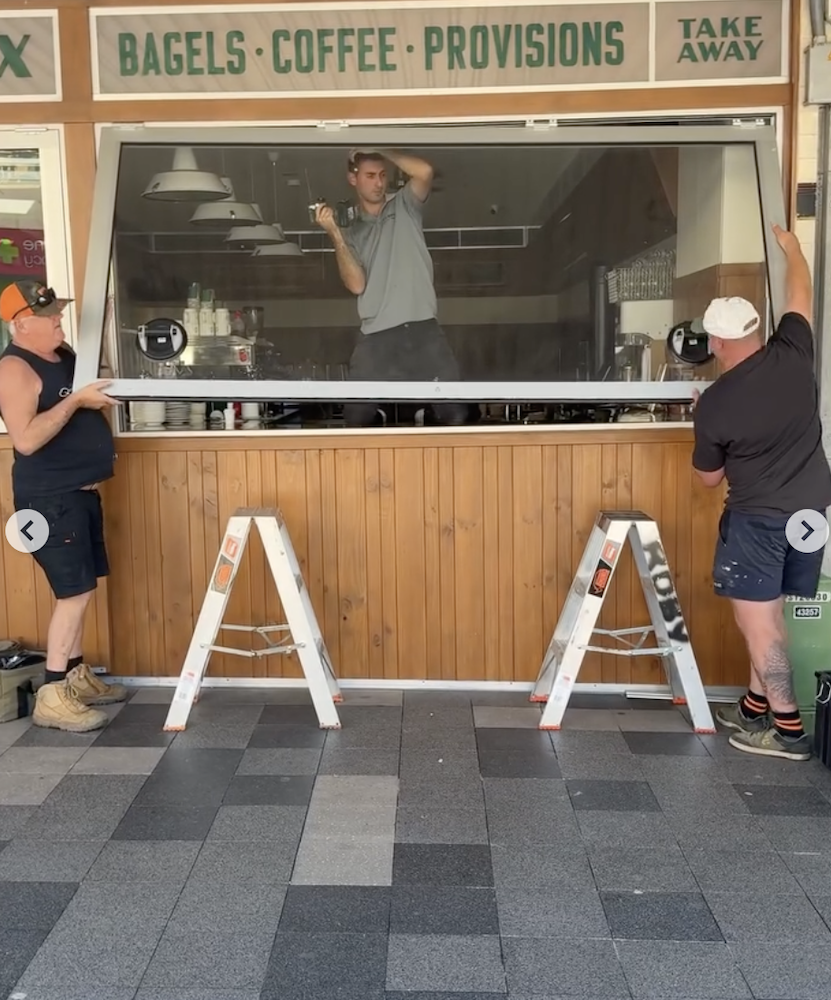A small café in Coogee has been forced to pay more than $23,000 to replace its windows and secure approval after a compliance complaint disrupted business only weeks after opening.
Community café faces costly compliance setback
Lox in a Box, a Jewish-style café in Coogee, was ordered to replace its canteen-style glass windows after they were deemed a safety risk and said to encroach into public space. The order came following a compliance complaint, and the business had to shut its doors temporarily while the changes were made.
The owner, Candy Berger, had invested heavily in bringing the café to the community, spending more than $400,000 on renovations before opening. The unexpected ruling created financial and operational strain at a time when the café was still trying to establish itself in the neighbourhood.
Thousands spent to meet demands
The window replacement alone cost around $8,000. On top of this, the café was required to pay a further $15,000 to secure certification and lodge a development application for approval. Altogether, the total bill for compliance reached approximately $23,000.
The financial setback forced the business to close temporarily, disrupting customer access and reducing income during what should have been a crucial growth period.

Frustration over red tape
Berger voiced frustration at the decision, pointing out that older and potentially riskier fixtures in neighbouring businesses remained untouched. She argued the rules were being applied inconsistently and placed an unfair burden on new operators.
The café’s experience reflects a broader concern among Sydney small business owners who feel weighed down by compliance costs. The situation highlights how regulatory processes can hinder small operators from contributing to their local community.
Local business concerns across Sydney
Business NSW has reported growing frustration with planning and regulatory systems across the state. In its latest survey, 72 per cent of businesses in New South Wales rated regulatory requirements as “demanding,” a sharp increase from 53 per cent in August 2023.
The report also found that small businesses typically spend two to ten hours a month on compliance. Medium-sized businesses spend 11 to 20 hours monthly, while larger operators can dedicate more than 40 hours a month to meeting regulatory demands. Business NSW has called for reforms to reduce development application fees and streamline approval processes to ease the pressure on local operators.
Published 18-Sept-2025









